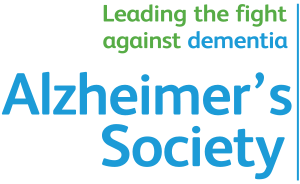Son suggests Reagan had Alzheimer's as president
on suggests Reagan had Alzheimer's as president
January 15, 2011 |
Compare other versions »
NEW YORK — Ronald Reagan's son suggests in a new book that his father suffered from the beginning stages of Alzheimer's disease while he was still in the White House.
The memoir quotes excerpts from Ron Reagan's book "My Father at 100," published by Viking, an imprint of Penguin Group (USA).
Reagan's son writes that he believes his father would have left office before his second term ended in 1989 had the disease been diagnosed then. U.S. News & World Report was the first to break the publishing embargo.
"I've seen no evidence that my father (or anyone else) was aware of his medical condition while he was in office," Reagan writes. "Had the diagnosis been made in, say 1987, would he have stepped down? I believe he would have."
Ronald Reagan was diagnosed with Alzheimer's in 1994, five years after leaving office. The popular Republican president died in 2004 at age 93 from complications of the disease.
Ronald Reagan was diagnosed with Alzheimer's in 1994, five years after leaving office. The popular Republican president died in 2004 at age 93 from complications of the disease.
But Reagan says the issue of his father's health should not tarnish his legacy as the nation's 40th president.
"Does this delegitimize his presidency? Only to the extent that President Kennedy's Addison's disease or Lincoln's clinical depression undermine theirs," Reagan writes. "Better, it seems to me, to judge our presidents by what they actually accomplish than what hidden factors may be weighing on them."
He continues: "That likely condition, though, serves as a reminder that when we elect presidents, we elect human beings with all their foibles and weaknesses, psychological and physiological."
Breaking Entertainment News
 Image by University of Maryland Press Releases via Flickr
Image by University of Maryland Press Releases via Flickr Image via Wikipedia
Image via Wikipedia












